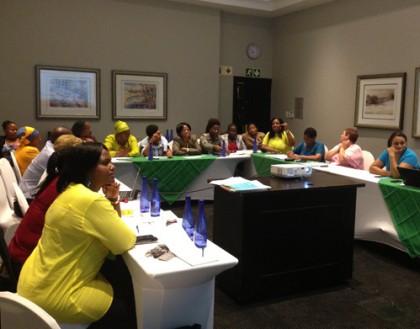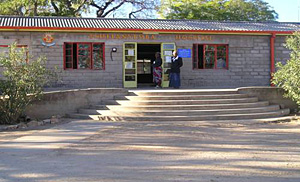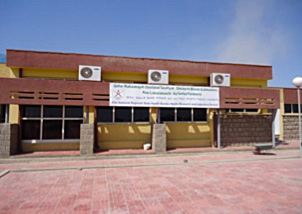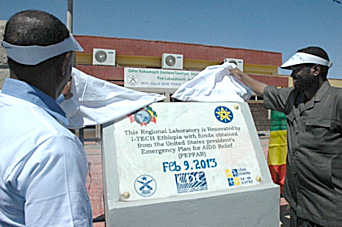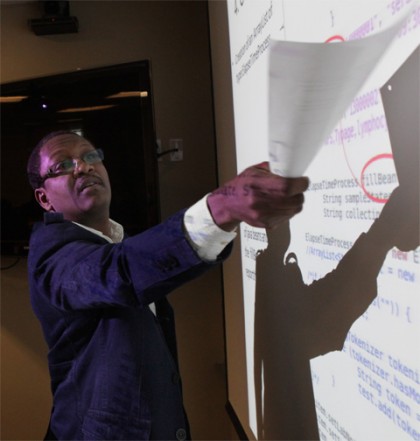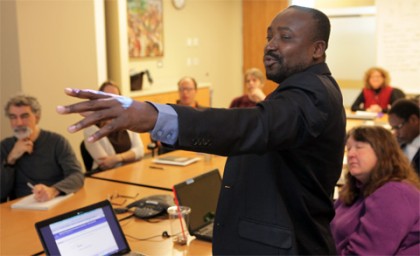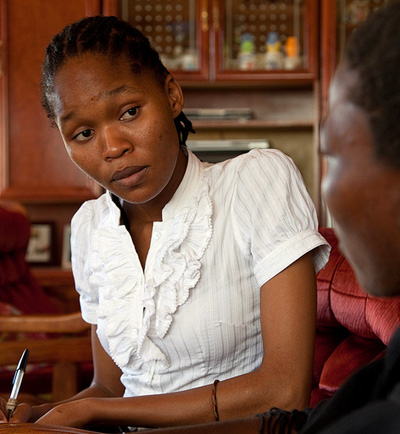Every biennium, the South African National Department of Health hosts a National Regional Training Center (RTC) Conference that brings together RTC managers, their line management, as well as key policy makers from the National and Provincial Departments of Health.This year I-TECH South Africa was honored to serve as a co-host.
This was the third national conference, and this year the theme was A Decade of Strengthening the Health Care System: Developing Human Resources for Health through the Regional Training Centers.
The popular conference registered 137 delegates out of the expected 120. Public health experts delivered compelling talks, whose topics ranged from leadership and management to innovative ways of delivering training.
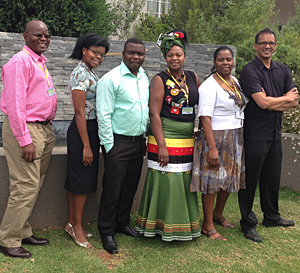
I-TECH South Africa presented a talk on The Findings of the Situational Analysis in Nine Regional Training Centres of South Africa, as well as a report on Regional Training Center Models, which was authored by Dr Nathan Linsk, a professor at the Jane Addams College of Social Work at the University of Illinois at Chicago, who drew on his 25 years experience with the US AIDS Education and Training Centers network. Both of these reports contributed significantly to the subsequent three days of discussion about the future of Regional Training Centers in South Africa.
During the conference, delegates were divided into five commission that looked at:
- Future role (Coordination of all in-service training; Institutional Base, Location, Funding model)
- Resources for RTCs (Human, IT, Internet connectivity, Equipment, Infrastructure etc.)
- Training and Education Approach (Mentoring, distance learning and Resource Library)
- Coordination, Accreditation and linkages with academic institutions (levels of accreditation, certification etc.)
- Planning, M & E, Reporting (Training needs analysis, integrated planning, M & E systems)
RTC managers took the worksheets from the 5 Commissions and developed an action plan, which was presented by the National Department of Health in a plenary session. As part of the next steps, I-TECH South Africa and NDOH will write a Conference report that will contain the action plan and a monitoring and evaluation plan as attachments. The NDOH will present the action plan to the National Health Council, made up of the National and Provincial Ministers of Health, for high level decisions and support toward the implementation of the proposed model.
